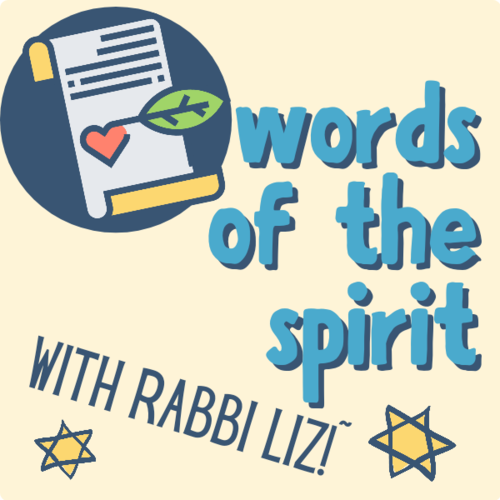Pre-Pesach I: Guard Your Tongue for the New Moon of Nisan
28/03/2017 09:33:50 PM
| Author | |
| Date Added | |
| Automatically create summary | |
| Summary |
Rosh Hodesh, literally the head of the month, refers the new moon. Jewish months most often begin in the middle of our Gregorian months, giving rise to those confusing calendars, with the Gregorian date in one corner and the contrasting Jewish calendar date in another, which begins on the previous evening.
This Jewish year, as is often the case, Rosh Hodesh Nisan, is followed by the Shabbat when we begin reading from a new book of Torah - Leviticus.
So the new moon of Nisan signals that we have arrived in the Torah land of sacrifices, offering, bodily emission and priestly rules. What then is the connection between Rosh Hodesh Nisan, the new moon that will wax into the full moon hanging brightly over our first Passover seder, and Vayikra, the name for both this section of Torah and its first portion?
Rabbi Bradley Shavit Artson points out that even though the parshah opens with a detailed description of sacrificial types and techniques, the rabbis saw in it a teaching about the use of speech:
The very first verse of Vayikra says, “The Holy One called to Moses from the Tent of Meeting, saying…” Why, the rabbis wondered, is that extra “saying” there? What is God trying to teach us by using a superfluous word?
“We learn that if you said something to your neighbor, that neighbor must not spread the news without your consent,” says the Talmud. Even though it was quite clear that the reason God was transmitting this message to Moses so that Moses would pass it on to the Children of Israel, Moses still needed God’s explicit verbal instruction before repeating God’s words to the Jews. In the words of the 13th Century Sefer Mitzvot Gadol, “If someone tells something to a friend, the friend is not allowed to tell others unless specifically instructed to tell these things to others.”
The new moon of Nisan – the actual first month of the Jewish year - is not the only such moment in the calendar to highlight this teaching. The new moon of Tishrey, the date we dub New Year, Rosh Hashanah, heralds the season of introspection and reflection on our behaviors. We examine and atone for actions taken or not taken, and hold up such messages in the liturgy as “guard your tongue,” a passage we mindfully sing on Rosh Hashanah and Yom Kippur.
Speaking of mindfulness, Sylvia Boorstein – lovingly dubbed the Jewish grandmother bodhisattva - offers a similar teaching in her book It’s Easier Than You Think in the chapter entitled, “Right Speech: When You Give Someone Your Word, It Might Be Forever”:
Sometimes in class, I will say, “Raise your hand if you have ever broken a bone.” After people raise their hands, I say, “Leave your hand up if that bone still hurts you now.” Usually all the hands come down. Then I say, “Raise your hand if you still feel pain from something someone said to you in the past year.” Lots of hands go up. “Keep your hand up if you have pain from a remark someone made about you in the last five years.” Hands stay up. “Last ten years … twenty years … thirty years … a remark made before you were five years old.” Many people still have an arm in the air.
I suspect that many of us can summon up similar experiences.
Perhaps this new moon, and this Passover season, can herald a new beginning of mindful speech. Soon we’ll see the light of Nisan’s full moon, shining through to our seder tables. As it illuminates our rituals, let it also brighten mindful, caring words, and a lovely season of celebration, and meaning-making.
- Rabbi Liz
Wed, 14 May 2025
Special Messages from the Rabbi
Privacy Settings | Privacy Policy | Member Terms
©2025 All rights reserved. Find out more about ShulCloud







